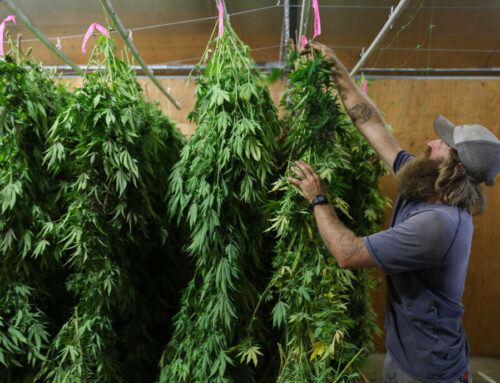Victoria to Launch World’s First Medical Cannabis Driving Trial
WORLD- Victoria, the first Australian state to legalize medical cannabis in 2016, is set to initiate a groundbreaking medical cannabis driving trial. As part of the Victorian Budget 2024/25, the Labor Government has allocated $4.9 million to this initiative.
State Premier Jacinta Allan and Minister for Roads and Road Safety Melissa Horne announced the collaboration with Swinburne University of Technology. The trial aims to assess the impact of doctor-prescribed medical cannabis on driving performance in a controlled, closed-circuit track environment that simulates real-world conditions.
“Under our Government, Victoria was the first state in Australia to legalize access to medicinal cannabis – now our world-first trial will see if those taking this medication can safely get behind the wheel,” Premier Allan stated.
The 18-month trial will focus on evaluating participants’ ability to handle distractions and their overall driving performance, including steering, braking, and speed control. Participants must have been prescribed medical cannabis for at least six months for conditions such as sleep disorders, chronic pain, or mental health issues. The trial will also involve pre- and post-drive drug impairment screenings.
“This is an evidence-based approach – we’re working with researchers from Swinburne University to see whether people can drive with any level of medicinal cannabis without compromising road safety,” Minister Horne added.
Currently, Victorian law prohibits driving with any detectable amount of THC, the psychoactive component of cannabis, in one’s system. THC can linger in the body for several days post-consumption, which poses a challenge for medical cannabis patients who may not be impaired despite having residual THC in their system.
A recent study partly funded by the National Institute on Drug Abuse (NIDA) revealed that daily cannabis users, including medical cannabis patients, can have high THC levels without being impaired due to developed tolerance. The study found that while daily users had significantly higher THC levels 30 minutes after consumption compared to occasional users, they did not exhibit significant impairment in driving skills, whereas occasional users did.



































